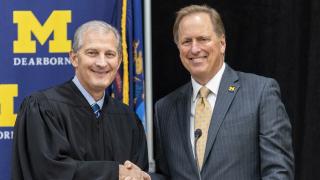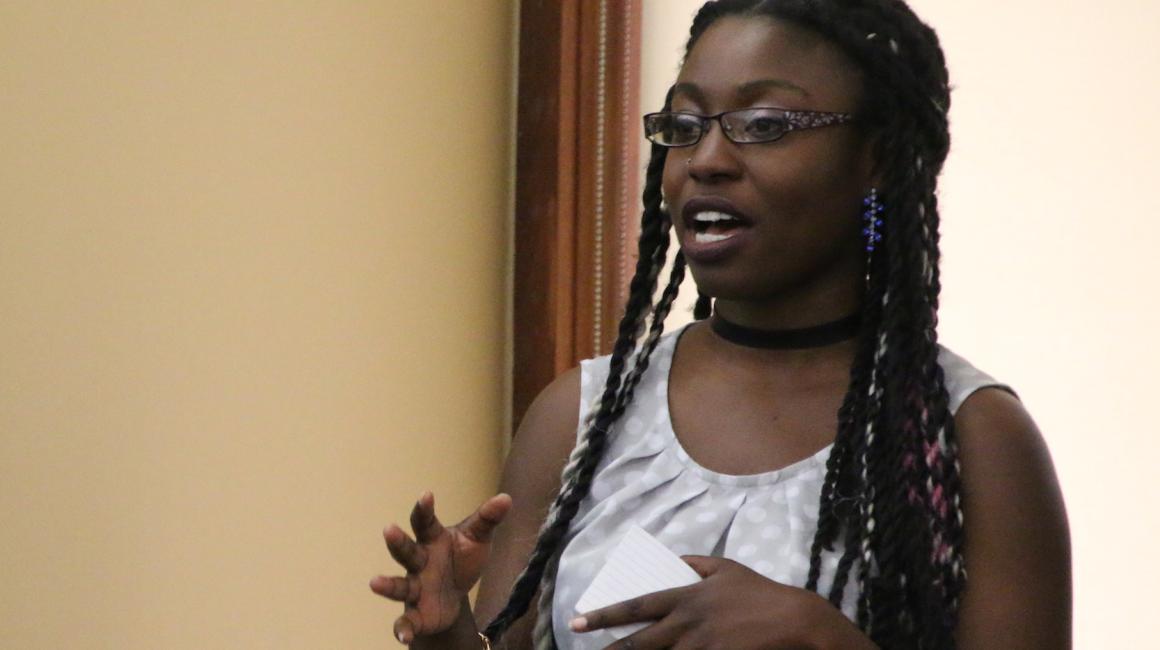
This article was originally published on May 20, 2019.
Typically, consultancies are roles filled by people at the top of their career climb. But a new College of Business class flipped the ladder in a experimental pilot program — with undergraduate students advising an internationally recognized retailer before even landing their first post-college jobs.
Operations Management Professor Charu Chandra said it’s a bit of a nontraditional approach, but it’s a way to give both students and industry what they want.
“I’ve spoken with employers who share they want to hire students who work on problems from a multi-faceted approach and they want to know that students can take initiative to find solutions. And we have students wanting real world experience. This accomplishes both and gives cost-free potential solutions to an industry partner.”
Chandra has successfully worked with industry partners for years with his data analytics graduate students who’ve taken on problem-solving projects for DTE, Ford Motor Co. and more. And Chandra believes with mentoring and the right undergraduate team, the experiential learning model can be applied for college seniors.
“I know that we have strong undergraduate students who are ready, with guidance, to provide support for a real company concern,” says Chandra, who partnered with Gardner-White Furniture Co. — the International Home Furnishing Reps Assoc. 2018 Retailer of the Year — for the semester-long class.
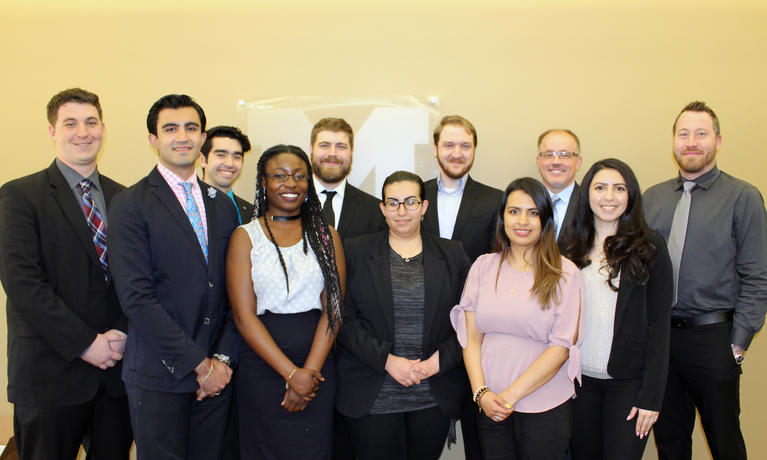
Chandra says he chose the nine students for the business administration capstone-style course just like he assembles his graduate course teams — through faculty recommendations, one-on-one interviews and areas of interest. He wants to make sure he has a well-rounded group of students with different perspectives and talents.
Together, the class looks at a predetermined concern — for example, Gardner-White wanted to better understand failed furniture delivery attempts — and presents findings to the client at the end of the 16 weeks.
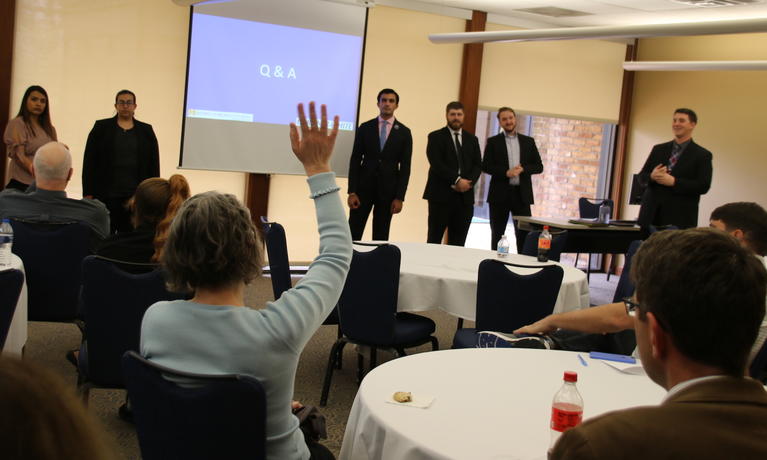
The results? Gardner-White executives called the students’ work as thorough as a professional consulting company they had hired.
“We brought on an outside marketing partner earlier in the year that professionally conducted the exact same study for our company these students did. It took the same amount of time and they came back with near identical feedback,” says Gardner-White Distribution Center Vice President Jon Doolen. “In addition, the students gave suggestions to us weekly, some of which we implemented in our social marketing strategy right away. I applaud the students for what they’ve accomplished.”
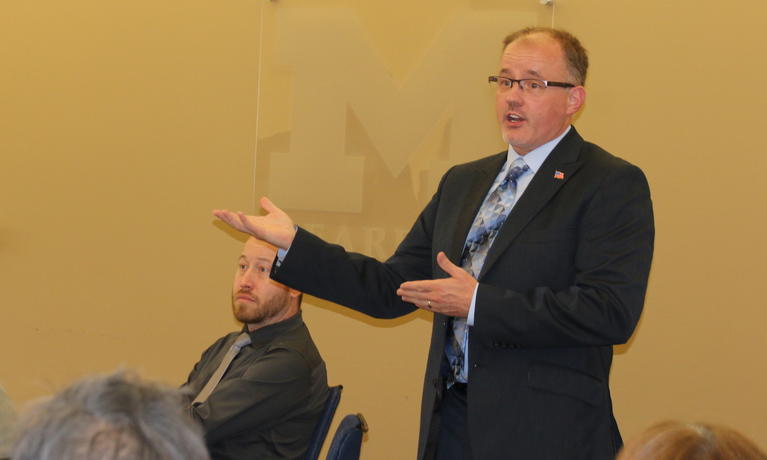
To Imani Tarpeh, who participated in the class and recently graduated from UM-Dearborn, Doolen’s words affirmed the research and data crunching she did. Her in-store visits to gain a customer’s perspective. The data deep dive into customer satisfaction surveys. The ride-alongs with furniture delivery drivers to better understand the logistics and looking at their DispatchTrack record. The experience obtained from working with and presenting to business executives.
“Mr. Doolen’’s positive acknowledgement of our work was affirmation that we accomplished what we set out to do,” says Tarpeh, studied information technology management. “This course allowed me to use the lessons I’ve had in my other classes and pull my business education together to provide potential solutions to an actual challenge a company has. That was very satisfying.”
Tarpeh said her classmates had a variety of majors, including supply chain management, finance, marketing and human resource management. And working with them on the shared goals helped better prepare her for life after graduation.
“This project gave me experience in leading and communicating with people who did things a little differently than I do. In my other classes, I was mostly with people in the same major. When you get your first job, your team will have different work styles, interests and knowledge. You need to know how to work well together,” says Tarpeh, who now works as a website user-experience analyst at U-M.
She also appreciates Gardner-White executives extending professional courtesy to the team.
“They were truly gracious with their time and invested in what we were doing,” she says. “Working with Gardner-White gave us experience on how to work with high-level professionals — do your research, communicate clearly, have potential solutions ready to roadblocks and be ready to learn. It gave me increased confidence as I was getting ready to graduate.”
With the trial run considered a win-win for industry and students, Chandra said he’s seeking business partners to collaborate with future course sessions offered to senior-level students in the fall and winter semesters.



